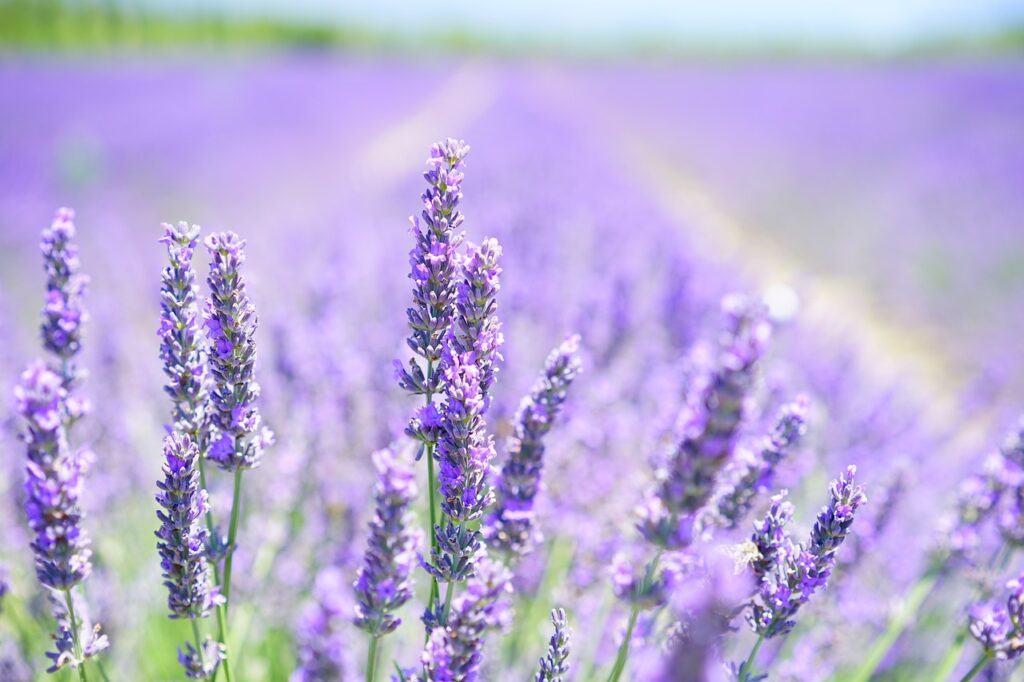The quote “Self-control is strength. Calmness is mastery. You – Tymoff” offers a timeless reminder of the importance of emotional intelligence and inner peace in navigating life’s challenges. In a world full of distractions, stress, and constant change, mastering self-control and calmness is not only a path to personal growth but also a way to find true power and fulfillment. Let’s break down this insightful message to understand how these qualities can shape a more purposeful life.
Self-Control: The Pillar of Strength
Self-control is often the unsung hero of success. It’s the ability to stay focused, resist temptation, and make decisions based on long-term goals rather than short-term desires. Whether it’s in managing emotions, avoiding distractions, or making healthier choices, self-control is the foundation of strength.
Without self-control, even the most talented individuals can struggle to achieve their potential. It’s easy to get sidetracked by instant gratification, whether it’s through indulgences like unhealthy food, social media, or negative habits. However, those who exhibit self-control can resist these distractions and stay on track toward their goals.
Tymoff’s emphasis on self-control as strength points to the fact that true power doesn’t come from external sources but from within. The ability to control your impulses, manage your emotions, and maintain discipline in the face of difficulties is what gives you the strength to persevere.
Calmness: Mastery Over Chaos
The second part of the quote, “Calmness is mastery,” highlights the importance of staying composed in the midst of life’s inevitable challenges. Calmness is not about being passive or indifferent; it’s about maintaining control over your emotions, especially in stressful or chaotic situations. It is a powerful tool for navigating life with clarity and confidence.
Calmness allows for better decision-making. When we remain calm, we can think clearly, assess situations rationally, and avoid rash or impulsive reactions. This mental clarity is essential, especially in high-pressure environments where quick decisions are often required. By staying calm, you gain the upper hand—mastery over your emotions and, in turn, over the situation itself.
Mastering calmness also fosters emotional resilience. When you maintain a sense of calm, you’re less likely to be overwhelmed by negative emotions like anger, fear, or frustration. Instead, you approach challenges with a level-headed mindset, which helps you find solutions more effectively.
The Power Lies with You
The final word, “You,” brings the focus back to the individual. This part of the quote is an empowering reminder that self-control and calmness are within your control. While external factors may influence your life, it’s ultimately up to you to develop the inner strength and composure necessary to thrive.
No one else can cultivate these qualities for you. You are responsible for your actions, thoughts, and reactions. By recognizing this personal accountability, you can take proactive steps to improve your life. The ability to control yourself and remain calm in the face of adversity is a skill that can be developed through intentional practice and reflection.
Practical Steps to Develop Self-Control and Calmness
While these qualities may seem challenging to cultivate, they can be developed over time with consistent effort. Here are some actionable strategies:
- Practice Delayed Gratification: One of the best ways to build self-control is by delaying gratification. Start with small steps, like resisting the urge to check your phone during work, and gradually take on bigger challenges.
- Create a Routine: Having a structured routine helps reduce impulsive decisions. When you plan your day, you are less likely to be thrown off by distractions or stress, making it easier to practice both self-control and calmness.
- Meditation and Mindfulness: Both meditation and mindfulness practices are powerful tools for developing calmness. These techniques help you stay present, reduce stress, and manage emotions more effectively.
- Reflect on Your Reactions: Take time to reflect on moments when you felt out of control or overly emotional. Ask yourself how you could have handled the situation differently. This reflection will help you recognize triggers and improve your ability to remain calm and composed.
- Set Long-Term Goals: When you have a clear vision of what you want to achieve, it’s easier to exercise self-control. Having long-term goals helps you resist short-term temptations and keeps you focused on what truly matters.
Read also: Mary Joan Martelly: A Life of Compassion, Advocacy, and Family Values
Conclusion
“Self-control is strength. Calmness is mastery. You – Tymoff” is a powerful statement that speaks to the core of personal development. Self-control equips you with the strength to stay disciplined and focused, while calmness gives you the mastery to handle life’s pressures with grace. Together, these qualities form the foundation for a balanced and successful life. And the best part? The power to cultivate these traits lies within you.
By taking responsibility for your actions and emotions, you can transform your life. The journey toward self-control and calmness is one that requires practice, but the rewards are immense—greater resilience, clarity, and inner peace.


